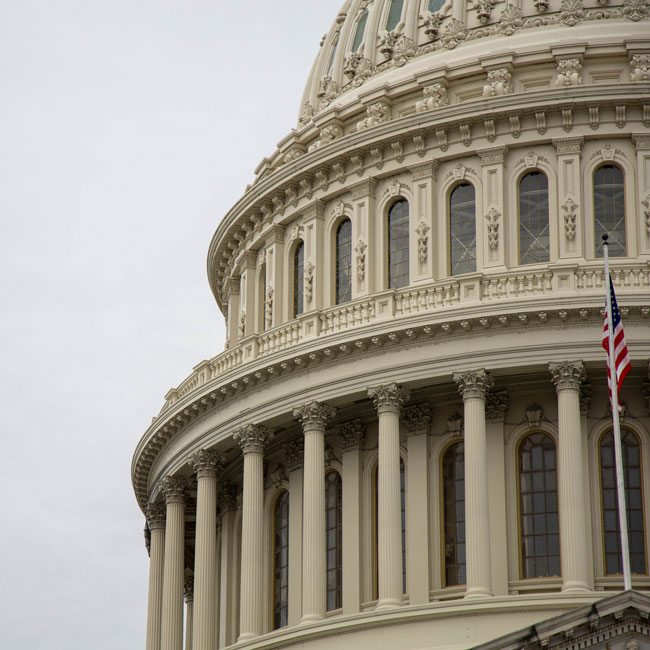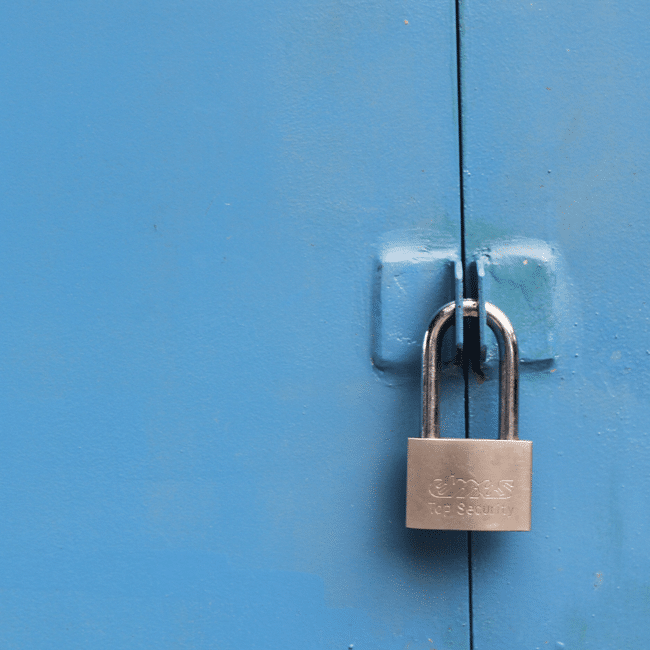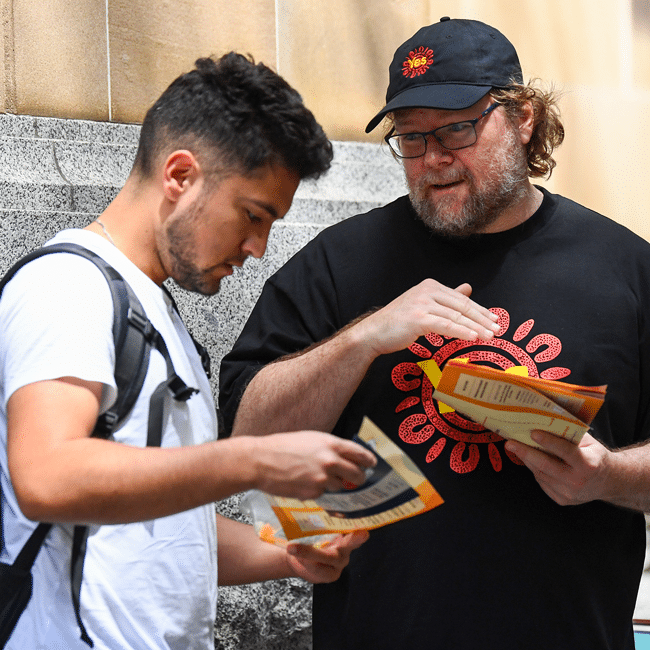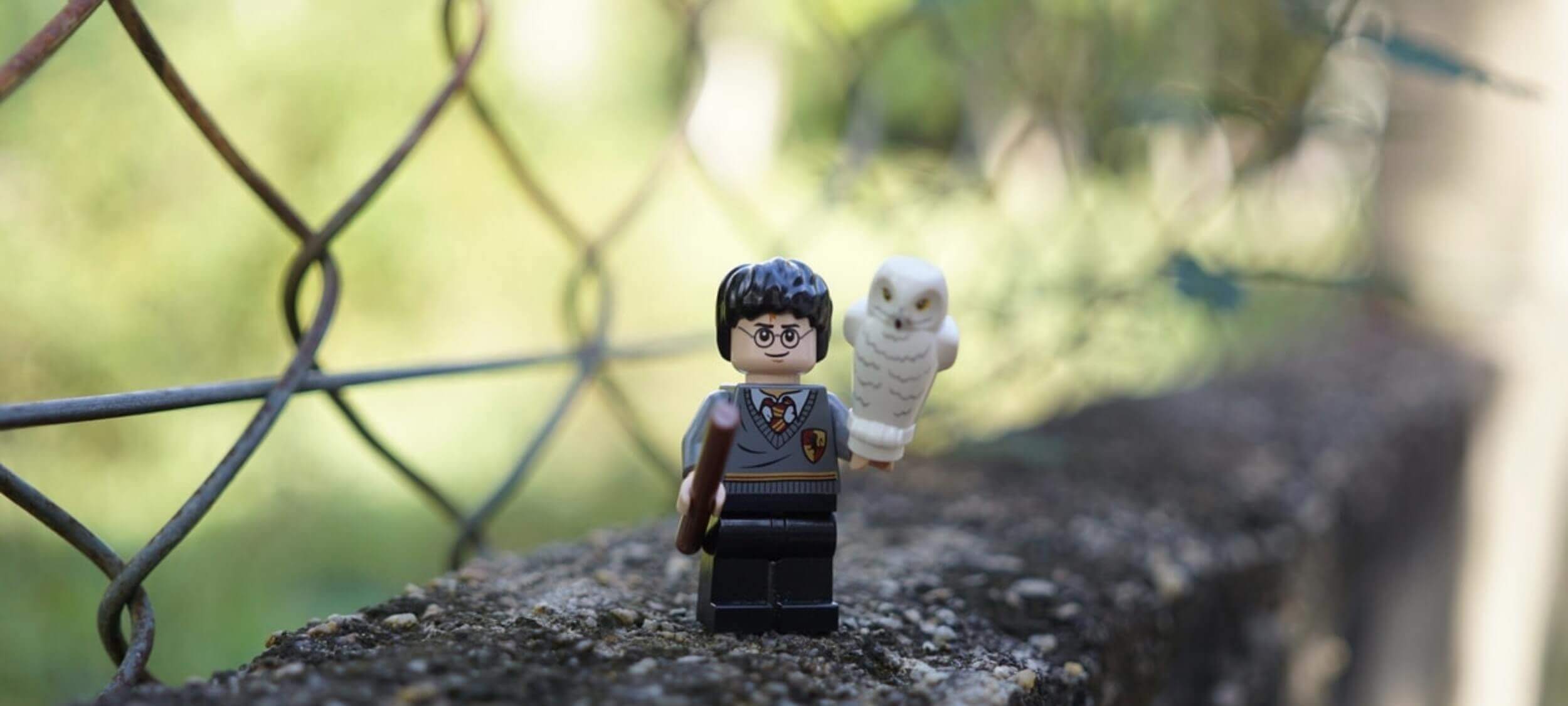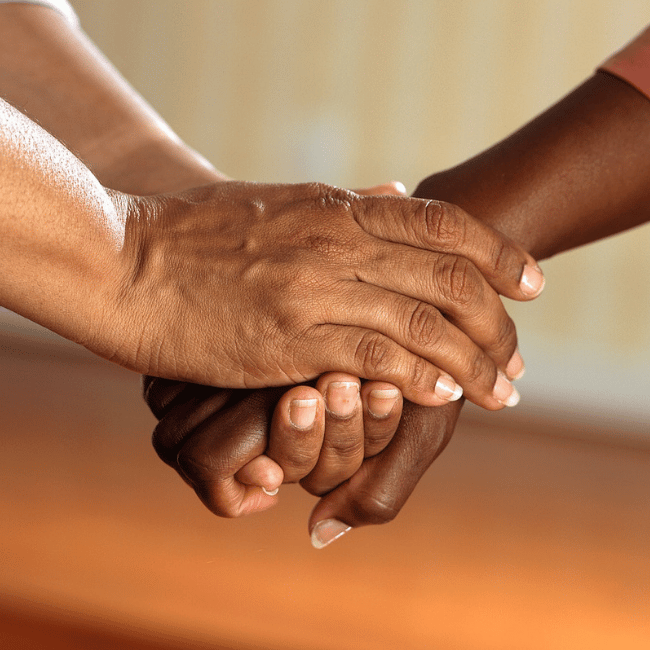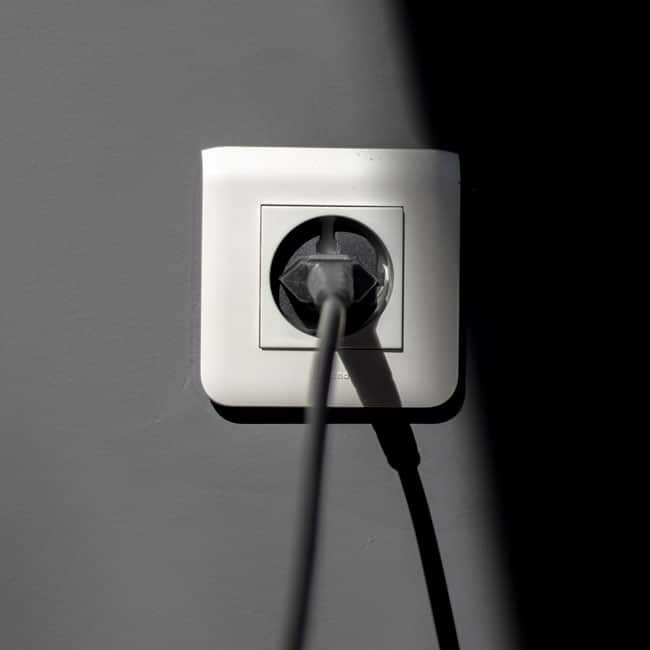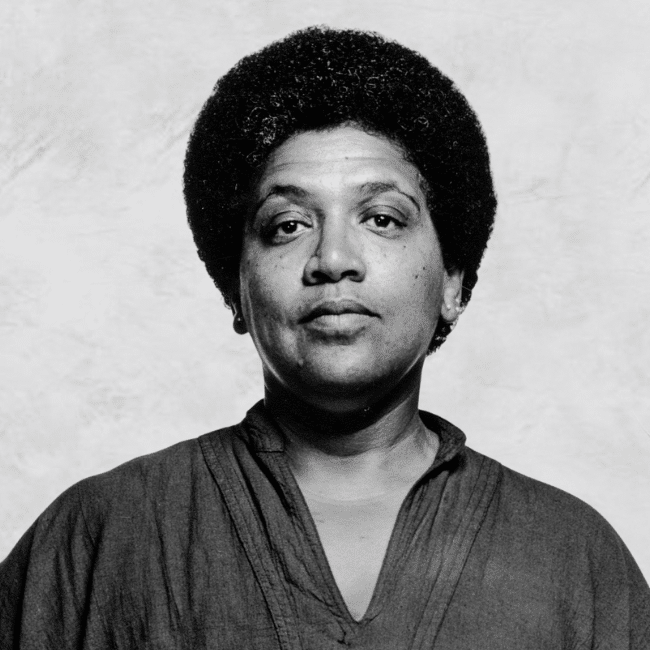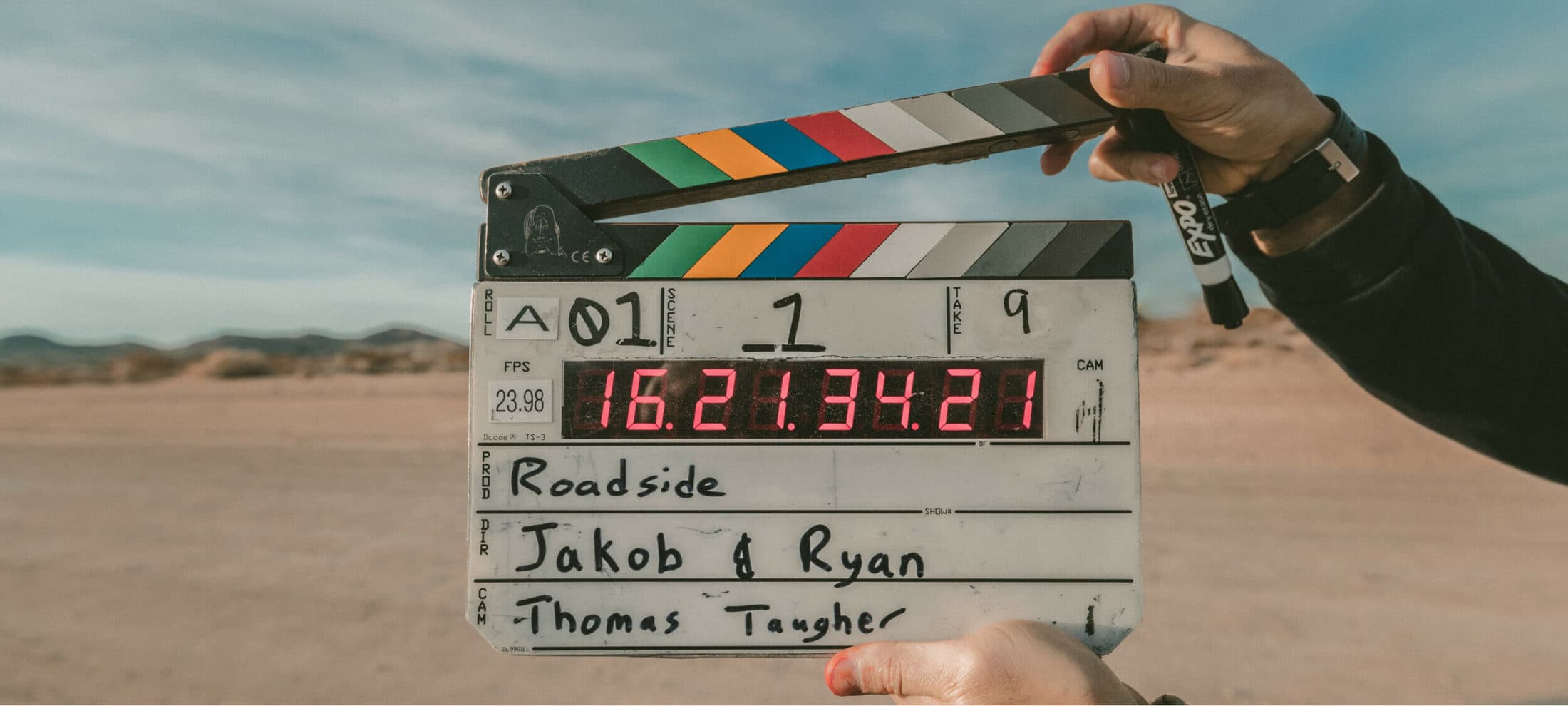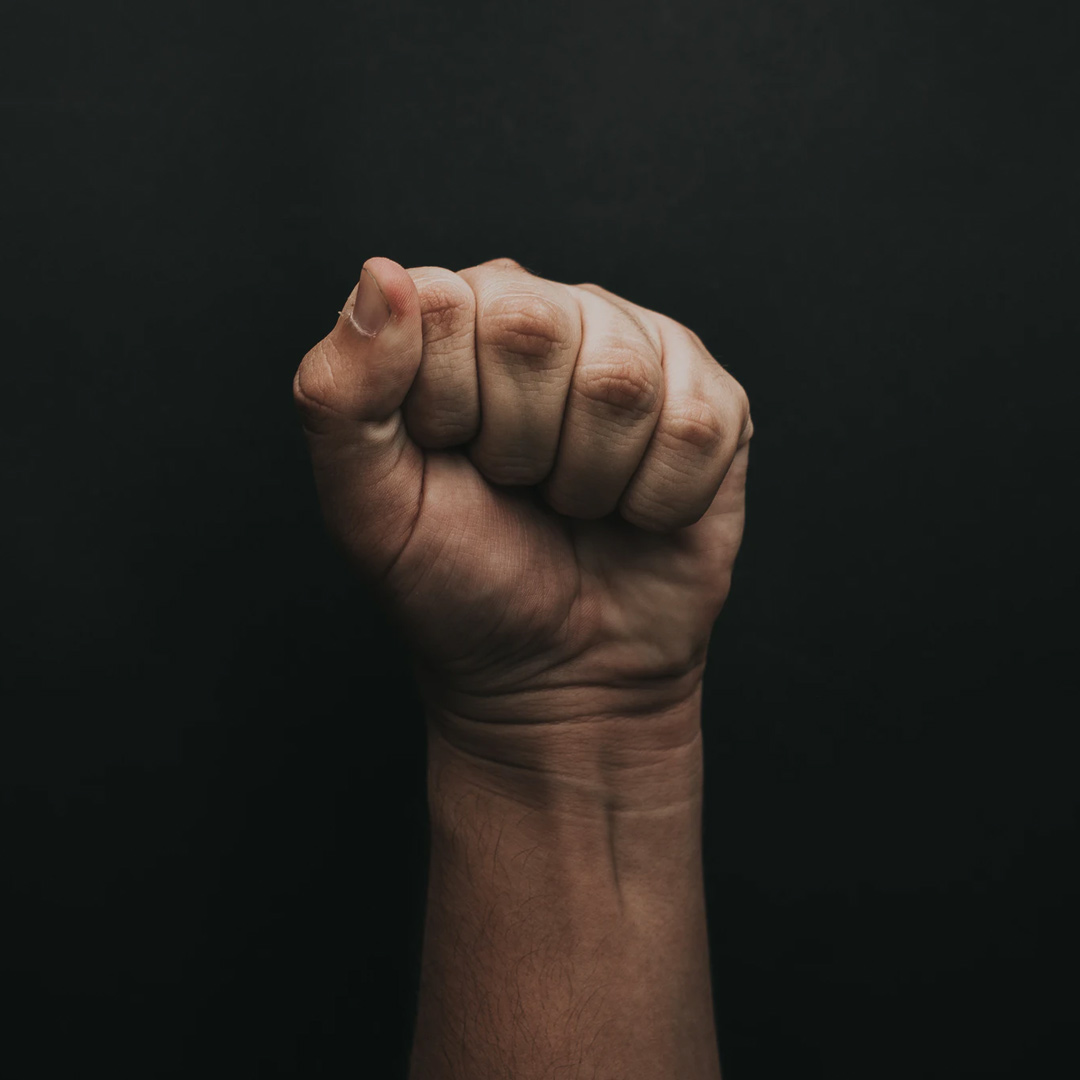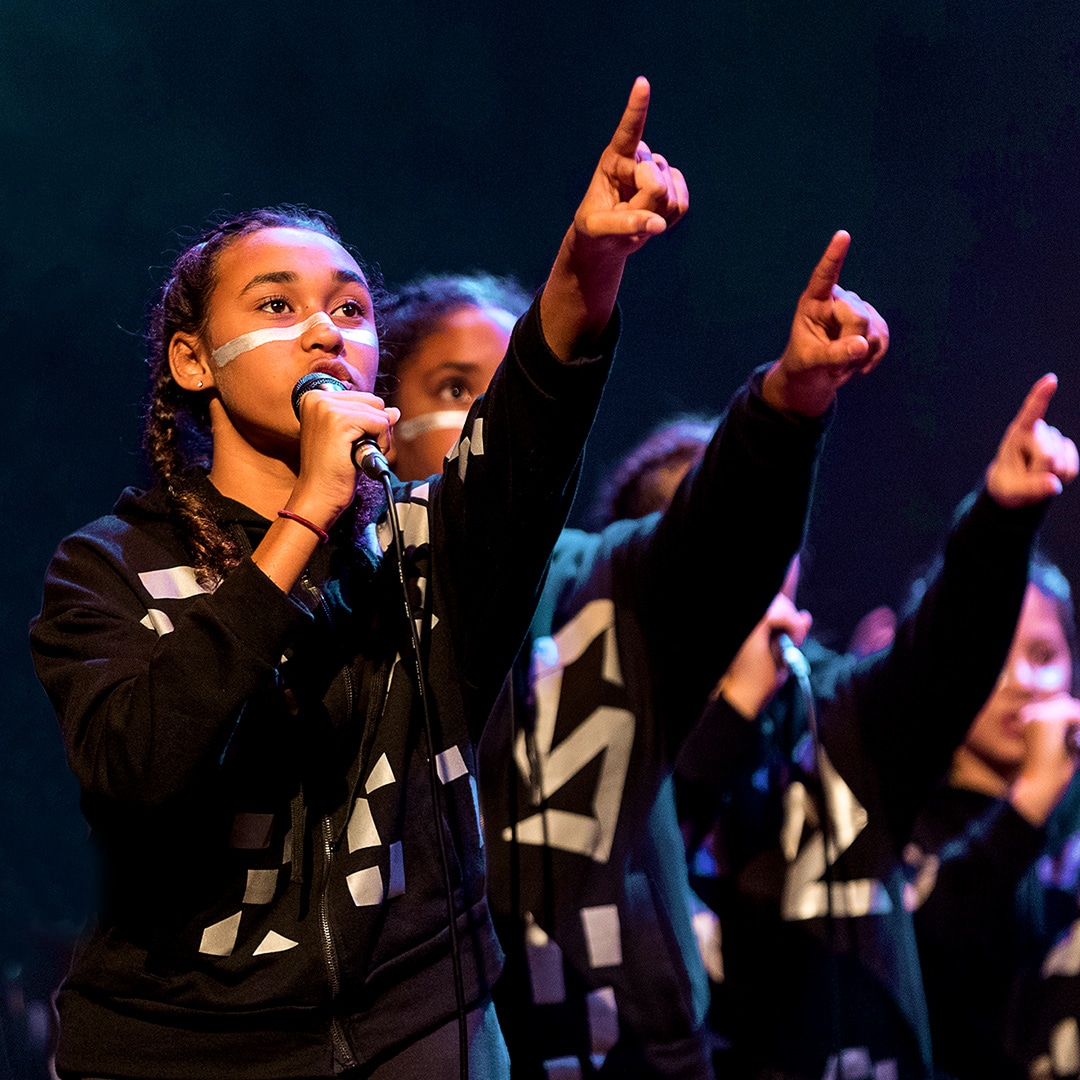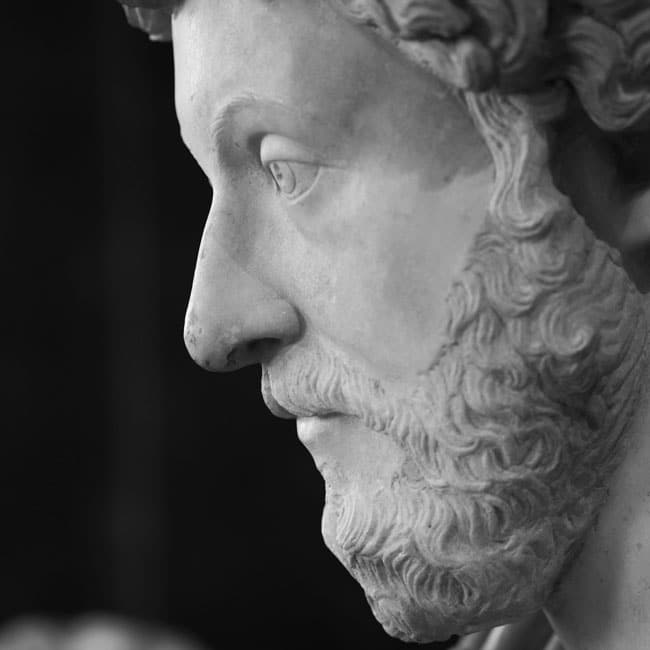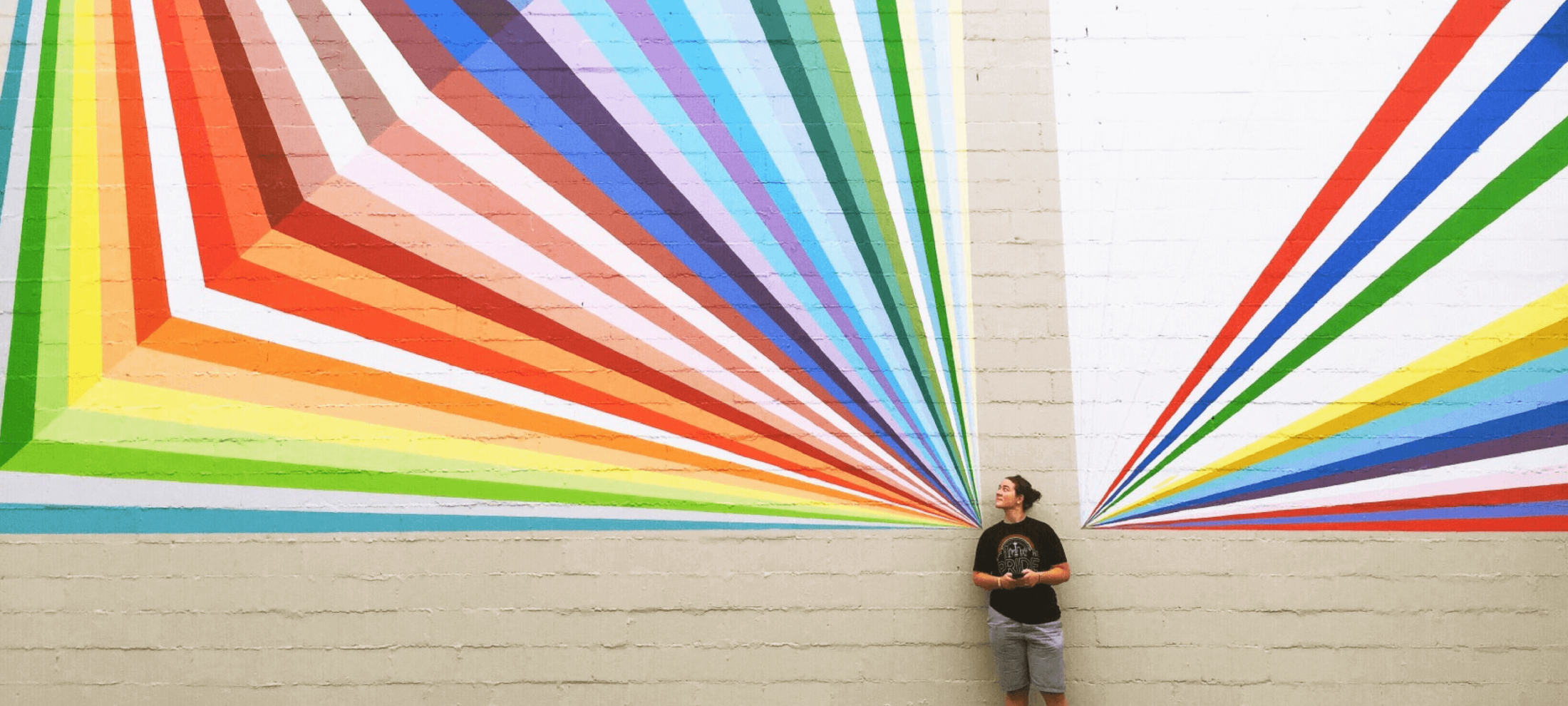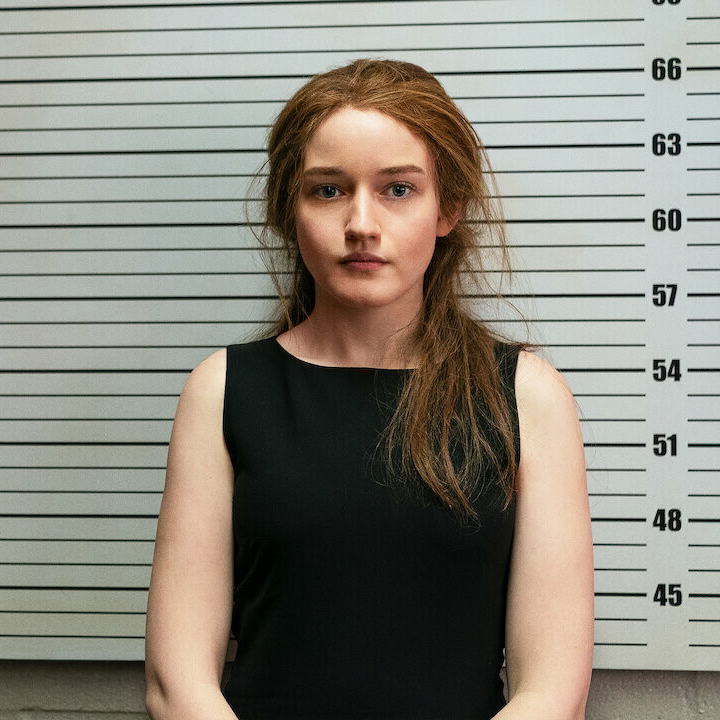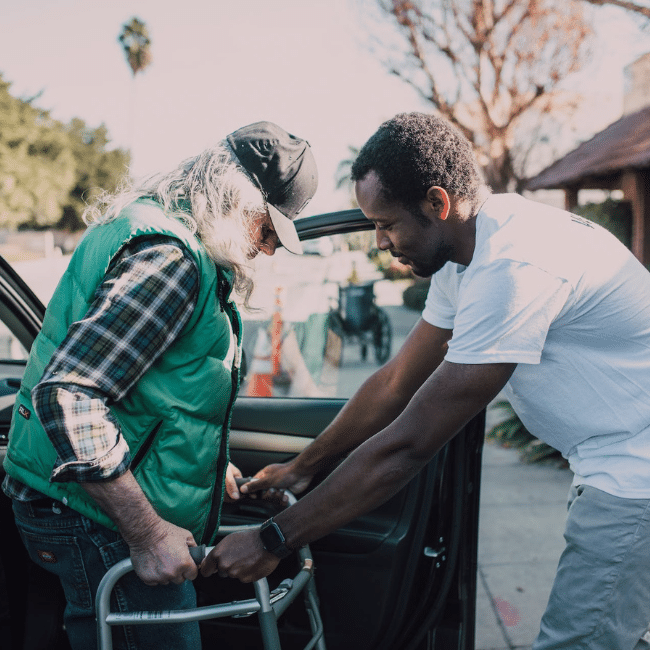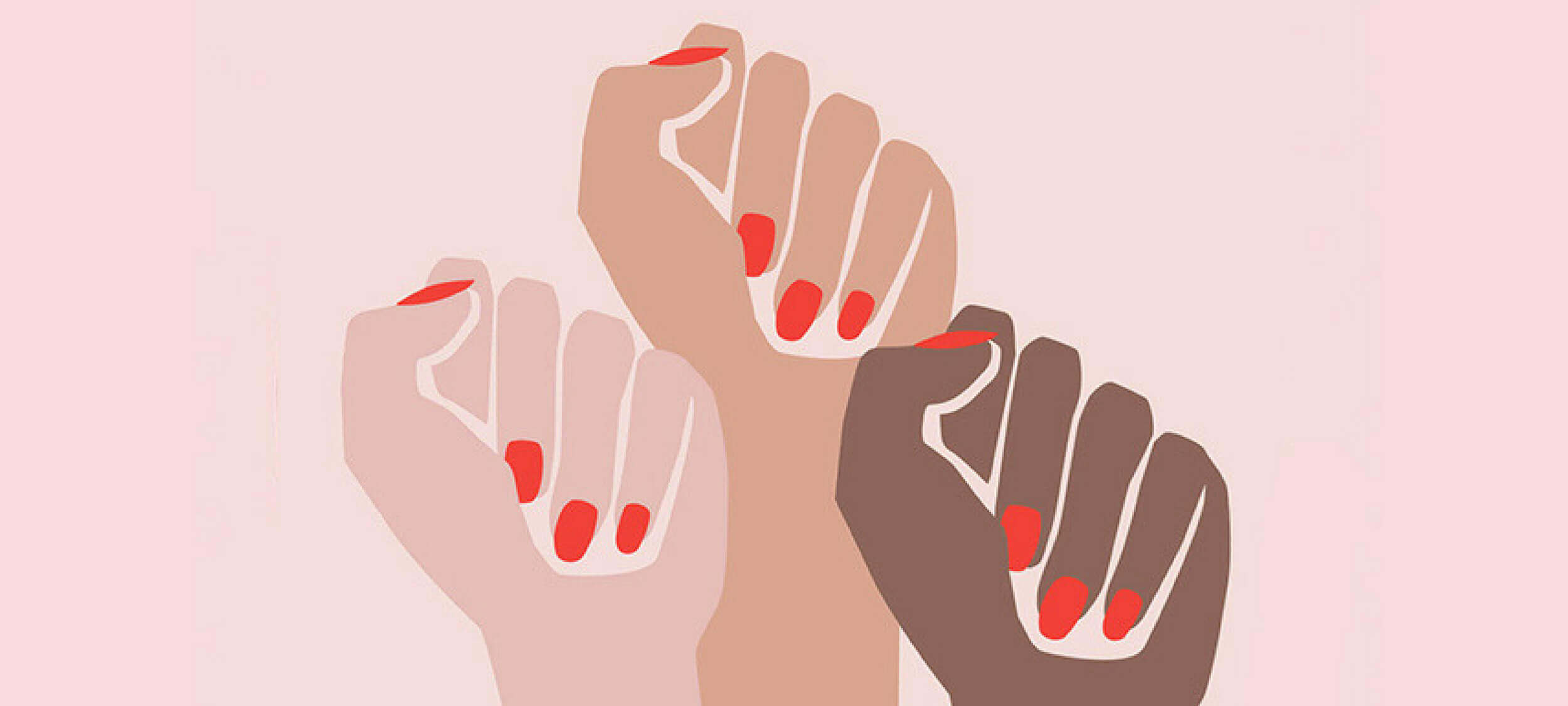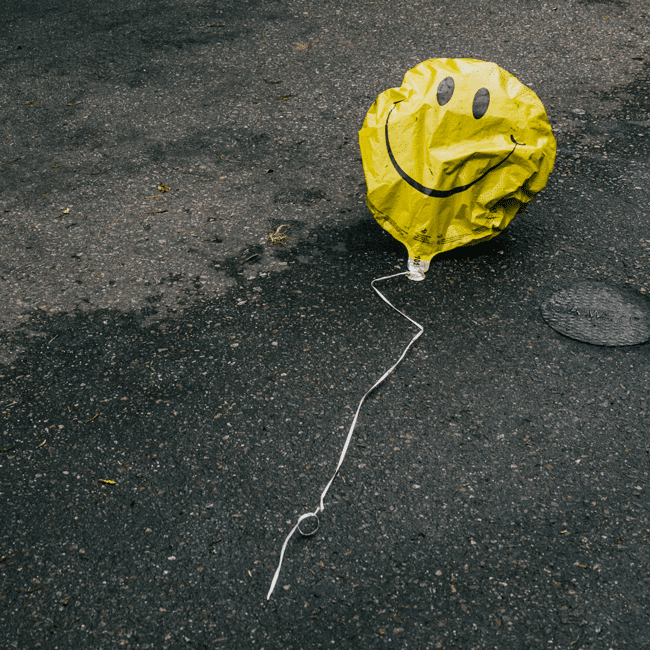What we owe our friends

Friendships are confusing. I’ve often found myself feeling that something is missing in my friendships — a sentiment that seems to be shared, yet rarely addressed. One that’s echoed in the paradoxical 21st century correlation between our ever growing hyper-connectivity and reports declaring a loneliness epidemic. One that’s felt in parties full of friends that you can’t wait to leave.
Like many of us, I have learnt that this is partly down to the culturally accepted life cycle of friendships. I never felt lacking when I was younger: I had deep bonds with childhood friends, who I did the wild adventures of youth with, but also spent infinite hours in pyjamas with, drinking tea and learning how to build loving relationships. But as plans with friends became plans reserved for partners, and time became stretched by work and adulting, I slowly processed the idea that their importance will silently decline as you age.
But I’ve also had a nagging sense that something more unspeakable affects the quality of our friendships. Something resigning friendships to the trivial and fun, and shaming a desire for deeper bonds.
It wasn’t until I read The End of Love by Eva Illouz that I felt able to articulate what this is, and why it is so hard to talk about feeling disappointed by friends. Through an extensive analysis of social relations under consumer capitalism, she makes a simple central point: freedom, the value that trumps all for western society, requires the dissolving of expectations in human relationships.
In an age of abundance, the defining feature of 21st century liberal social relations is the practice of non-commitment. Personal autonomy is the main cultural story that guides our lives. We’re driven by the search for personal success and pleasure. To realise this, we must be free to choose our own relations at will, and therefore also leave them at will. We make responsible choices to avoid things that might impinge on our personal growth, including that relationship stopping you from moving, or that friend whose chaotic period has gone on a bit too long.
So we have relaxed our mutual expectations on each other — almost to the point of having none at all.
The value of freedom has transcended left and right politics, and is accepted as an untouchable pillar of morality. Self empowerment has been the prerogative of many left wing progressives as much as neoliberal free-marketers. It’s found in the language of capitalist growth and competition, but also in the language of pop-psychology that tells us to set boundaries and cut people out of our life who don’t ‘serve’ us or bring us pleasure.
But Illouz reopens this debate that has been closed since liberal philosophy claimed hegemony over morality, asking us ‘does freedom jeopardize the possibility of forming meaningful and binding bonds?’
I think about the hollowed expectations we have of our friends. Flaking is normal. We tend to leave maximum space to opt out of plans whenever and minimum pressure to commit, generally resigning ourselves to polite understanding if people cancel even when it hurts, knowing that we often do the same. Asking for support is also done cautiously to avoid overstepping, burdening or offloading, even in our greatest moments of need.
And then there are the ways in which many friendships silently end. When I was 22, after an ongoing period of difficulty where we both hurt each other, one of my closest friends sent me a facebook message telling me she never wanted to speak again. Despite my ongoing attempts in the coming years to reconcile, she stuck to this conviction, and I have only seen her in passing at parties since then. A long term friendship was suddenly gone with minimal discussion, and the invisible rulebook of friendship said that this was fine.
Friendships which diverge from the comfortable space of convenience, ease, and fun can quickly become threats to our personal growth. Consumers at our core, we are well practiced in disposing of things that don’t benefit us anymore and less well practiced at fixing broken things. Systems make their way into our bodies and minds, and the system we live in is one built on endless desire and access to the new. In such a society we owe our friends nothing. We might choose to owe them, but we don’t have to.
We sense this fragility. We know on some level that if friends can exit at any moment without consequence, we must persuade them to stay. Friendship mimics a market in which you must compete to survive, and we are all painfully aware of the limits of what our commodified selves can offer. In this knowledge, socialising often becomes fraught as we feel this pressure to bring something positive to the room that wins us a good review after. Those who lack status built by resource, health, and charisma struggle more, their exclusion a reality made invisible by the language of choice.
The psychologist Sanah Ashan tells us that falling apart is a birthright. For us to feel connected, our relationships must embrace discomfort. Friendships shouldn’t be intolerant of prolonged messiness. We must instead embrace the misery and the insanity; coming together in these times not running away. Intimate bonds are difficult.
We live in an age where traditional sites of belonging have been diminished — religion, community, even family and romantic relationships are more uncertain than they have ever been. Public care structures have been decimated to the point of dysfunction. More and more of us find that we have to make our own communities of care and belonging, found in the friends we make ourselves.
Yet conversation about building these communities is often superficial when we don’t know how to be close to each other. We long for community, but often turn to therapists in our times of need.
Re-envisioning how we build strong and enduring bonds requires us to open a conversation that asks bigger questions than how we balance time between work, relationships, and friends. It requires us to question the promises of fulfillment from personal freedom alone. Wendy Brown reminds us that achieving, and even envisioning personal freedom is far from straightforward:
‘historically, semiotically, and culturally protean, as well as politically elusive, freedom has shown itself to be easily appropriated in liberal regimes for the most cynical and unemancipatory political ends.’
The left has been good at unpicking how the appeals to freedom have created unjust markets and vast inequalities, but we haven’t openly discussed the effects of this in the world of emotions and relationships. The practice of non-commitment in our relationship building mimics the rise of the gig economy, precarious work, and the breakdown of worker solidarity. Free market economics sacrificed security and equality in the name of unfettered growth. We must ask whether the same might be happening in our social relations.
We all yearn for connection, yet our disdain for responsibility in the name of freedom keeps us apart. But we owe our friends something different to the transactional relationships of the capitalist workplace; we owe them love and time regardless of the value they offer us.
‘What we owe our friends‘ by Zoe Timimi is the winning essay in our Young Writers’ Competition (18-30 age category). Find out more about the competition here.

Ethics in your inbox.
Get the latest inspiration, intelligence, events & more.
By signing up you agree to our privacy policy
You might be interested in…
Opinion + Analysis
Relationships, Society + Culture
In Review: The Festival of Dangerous Ideas 2018
Big thinker
Relationships
Big Thinker: Joanna Bourke
WATCH
Relationships
Consequentialism
Opinion + Analysis
Health + Wellbeing, Relationships
Philosophy must (and can) thrive outside universities
BY Zoe Timimi
Zoe is passionate about all things mental health, community and relationships. She holds a BA in Sociology and an MA International Political Economy, but has spent the last few years working as a freelancer in various TV development and writing roles.
On truth, controversy and the profession of journalism

On truth, controversy and the profession of journalism
Opinion + AnalysisPolitics + Human RightsSociety + Culture
BY Simon Longstaff 25 JAN 2024
The recent dispute between Antoinette Lattouf and the ABC has brought into focus the need to address some fundamental questions about the role of journalism, in general, and professional journalists, in particular.
In my opinion, journalism is (or at least should be) practiced as a profession. This is not to ignore the fact that journalists work within an intensely commercial environment. But so do those lawyers, accountants, engineers, doctors and others who are employed by the private sector. For members of these professions, the fact that they work for, say, ‘industry’ in no way reduces the scope or depth of their professional obligations.
What marks out a profession is first, that its members are obliged to subordinate self-interest in the service of a public good. For example, as Officers of the Court, lawyers are bound by a paramount duty to assist in the administration of justice. This obligation comes before any duty to the client, to the profession or to oneself. Second, each profession exists in relation to its own ‘defining good’. Doctors and nurses work to secure the public good of ‘health’. Members of the profession of arms are supposed to secure the defining good of ‘peace’. Engineers aim for safety, etc. Two professions are oriented towards the good of ‘truth’ – accounting and journalism.
In both cases, the value of ‘truth’ is not in any sense vague or abstract. The preparation of accounts that are ‘true and fair’ is essential to the operation of free markets in which participants make informed decisions. As Adam Smith understood so well, markets can never be ‘free’ if participants lie, cheat, or use power oppressively. Yet, Smith also knew that merchants were always liable to employ such tactics in pursuit of self-interest. Thus, the need for the profession of accounting – made up of people who freely choose to abandon the pursuit of self-interest in service of the public interest and a higher ‘good’.
The role that accountants play in markets is mirrored by the role that journalists play in politics – and especially in democracies. The legitimacy of liberal democracies rests entirely on the consent of the governed. The only consent that counts is that which is free, prior and informed. And consent can never be informed if it is based on lies. That is why those politicians who resort to falsehood in the pursuit of power do so much damage to our democracy.
Unfortunately, just as some merchants can be relied upon to resort to deception in the pursuit of profits, so can some politicians be relied upon to do the same in the pursuit of victory. Professional journalists are supposed to help protect society from that risk – which is why they are so often lauded as the ‘fourth estate’.
I realise that there are some people who claim the title of ‘journalist’ while playing their own part in publishing or broadcasting falsehood, or who lack the ‘disinterested gaze’ that should be demanded of members of this profession. Yet, the fact that some (or even many) fail to uphold professional standards does not mean that the standard is either wrong or pointless.
Now, one might hope that those in charge of the ABC would champion the ideal of professional journalism as outlined above. If so, then you might also hope that they understood what is entailed by commitment to such an ideal. Finally, one might hope that the ABC would have discerned that a core commitment to the truth is fundamentally incompatible with the avoidance of controversy. Put simply, the truth is often controversial – especially when it challenges conventional belief or confronts power (which can reside in ‘settled’ ideas and prejudice as much as in the hands of individuals and institutions).
The truth is often controversial – especially when it challenges conventional belief or confronts power.
That is where I think the ABC ran off the rails. The moment it elevated the ‘avoidance of controversy’ as an end in itself, it set a standard that it is simply impossible for any professional journalist to uphold.
The noted German philosopher, Immanuel Kant, argued that “ought implies can”. That is, one is not morally obliged to do that which is impossible. This clearly applies in cases of actual impossibility (e.g. flying to Mars on the back of a bandicoot). However, I think the maxim also extends to cases where something is ‘impossible’ to do without violating the dictates of a well-informed (and well-formed) conscience. It is in this sense that professional journalists are placed in an impossible position if required to seek and publish the truth without ever courting controversy.
Image by Pat M2007

Ethics in your inbox.
Get the latest inspiration, intelligence, events & more.
By signing up you agree to our privacy policy
You might be interested in…
Opinion + Analysis
Business + Leadership, Politics + Human Rights
No justice, no peace in healing Trump’s America
Opinion + Analysis
Science + Technology, Society + Culture
The terrible ethics of nuclear weapons
Opinion + Analysis
Politics + Human Rights
Why certain things shouldn’t be “owned”
Opinion + Analysis
Society + Culture
Gender quotas for festival line-ups: equality or tokenism?
BY Simon Longstaff
Simon Longstaff began his working life on Groote Eylandt in the Northern Territory of Australia. He is proud of his kinship ties to the Anindilyakwa people. After a period studying law in Sydney and teaching in Tasmania, he pursued postgraduate studies as a Member of Magdalene College, Cambridge. In 1991, Simon commenced his work as the first Executive Director of The Ethics Centre. In 2013, he was made an officer of the Order of Australia (AO) for “distinguished service to the community through the promotion of ethical standards in governance and business, to improving corporate responsibility, and to philosophy.” Simon is an Adjunct Professor of the Australian Graduate School of Management at UNSW, a Fellow of CPA Australia, the Royal Society of NSW and the Australian Risk Policy Institute.
Our desire for reality: What OnlyFans says about sexual fantasy

Our desire for reality: What OnlyFans says about sexual fantasy
Opinion + AnalysisRelationships
BY Jack Ryan 24 JAN 2024
Despite being a generation overwhelmed with technological means to fulfil their fantasies, today’s youth desire sexual reality. The rapid uptake of OnlyFans embodies a paradoxical desire to escape an increasingly grim sexual reality through indulging in consumption of ‘reality’ pornography. But how ‘real’ can pornography ever be, and does it represent an entrenchment of the patriarchal sexualisation of women?
Pornhub’s 2022 annual report demonstrated that the fastest growing trend for 2022 was ‘reality’ – increasing viewership by a total of 169%. Simultaneously, viewership of the ‘amateur’ category declined roughly 20%, leading the researchers to note ‘visitors are still seeking a real homemade porn experience’ – the guise of amateur is not enough. In Australia specifically, the two top trending searches for 2023 were ‘sharing a bed’ (+%600) and ‘therapy’ (+%540), a far cry from what would typically be associated with pornographic content.
Society’s previous relationship with pornography was one of explicit fantasy; a consumption of unrealistic bodies in improbable scenarios conducting inconceivable acts. Aiding this was explicit acceptance of the disconnect present, lusting for the physical specifically because it was not also attempting to be a fill-in for true connection. In other words, the fantasy being indulged in was the removal of emotional or social connections from sex – it was sex for the sake of sex.
A national survey recently highlighted that those aged 18-24 age were most likely to experience loneliness, with 22% of this bracket stating they are either constantly or often lonely. Such trends are replicated globally in the general decrease of sexual activity experienced by young people, particularly in Western countries. But it is feasible to broach this deficiency through faux realities?
OnlyFans is fast becoming a behemoth of pornographic facilitation with users paying more than $5 billion to creators in 2022. Not only is spending up, but content creators have grown by nearly 50% in the past year. OnlyFans’s explosive growth comes from linking creators to consumers in a way porn never did. Individuals are no longer the perverts behind a screen, instead they have become ‘fans’ that are afforded technological involvement with the objects of their sexual desire.
Here the pornographic trope of ‘the girl next door’, previously relegated to a fantasy, has now become a form of sexualised reality and should be taken literally – the girl next door might exist. This merging of sexual fantasy into the real world suggests that today’s youth want more realistic sexual content, and greater interpersonal connection, due to a lack in real life. Porn actors are no longer 2D figures who appear only as sexualised objects for my fantasy to manipulate, the rise of technology and social media means we connect with adult content creators as holistic beings who can perceive us as a human (or a fan) – not simply as an anonymous click or view.
Fantasy for sale
While traditional porn inserted fantasy into reality by imagining all the ways certain sexual desires were unattainable, OnlyFans is seeing a reversal by injecting reality into fantasy by imagining all the ways in which sexual desires may be attainable.
What should be obvious is that escape toward this ‘reality’ is anything but – reality, as a pornographic concept, has now become a commodity. Platforms such as Meta pioneered the sale of ‘reality’ as a commodity, initially through social media which promised global connection and more recently with openly ‘virtual’ realities as places of escape (for a price).
Just as it was once assumed constant connection through Facebook would alleviate loneliness, which it is now proven to increase, society needs to be careful of establishing a feedback loop in sexual consumption. Here the phenomena of ‘parasocial relationships’, where effort and interaction is one-sided, operates in full effect; while a user can ‘interact’ with their favourite explicit content creator. The purpose of this interaction is only as a profit mechanism, there is no symbiotic social relationship taking place.
OnlyFans in essence offers a new commodity of sexual ‘reality’ which, just as social media has, proports to sell us connection to reality, while simply creating a new grey space of pseudo-connection.
In turn, the more reliant society is on technology to fulfil our needs, the less-equipped we are to find such things organically – an increasing trend of abstinence being evidence to the point.
Political-economy of sexual reality
This sexualisation of reality brings with it a major challenge to the sex-positive view of feminism. We should take seriously that the liberalisation of sex and sexuality in the 21st century has positively influenced the lives of women by offering space and safety for progressive practices. Yet, it cannot be ignored that the financial prosperity that OnlyFans affords (largely female) creators comes at the cost of internalising a core patriarchal notion; the sexual objectification of women’s bodies.
The sex positive view typically argues that patriarchy was a limiting factor on sexuality and is instead in favour of removing societal stigma and shame surrounding pornography. Here the trend of reality-centric porn would be supported to further liberate both men and women from sexual restriction – even if the establishment of unhealthy norms which propagate the sexualisation of patriarchal interests through porn continues. Here issues of subjugation, domination and sexualisation must necessarily be supported, providing an indication as to why younger generations are turning away from the positivist view.
In OnlyFans’s case, it may establish a sexual panopticon where women perceive self-sexualisation as liberating, not realising that the patriarchal logic of objectifying bodies has now become self-imposed and self-regulating as women free men of this task. The danger being that, if the trend of sexualising reality continues, what was previously relegated to closed-door fantasies is brought into the real world. Tangibly this could mean that women now find themselves more sexualised as pornographic content increasingly blurs lines between public and private thoughts or actions.
A springboard
As sexual lives become further digitally enmeshed (what will the Metaverse mean for sexting?) there is need to reflect on how our desires are impacted. Desire for reality should reflect an underlying lack thereof as well as the pseudo-reality technology such as OnlyFans sells us as a replacement. In a world of fast fashion, fast food, and fast internet it should be pause for thought that today’s youth don’t want fast sex – they want real sex but will settle for less.

Ethics in your inbox.
Get the latest inspiration, intelligence, events & more.
By signing up you agree to our privacy policy
You might be interested in…
Opinion + Analysis
Relationships
Now is the time to talk about the Voice
Opinion + Analysis
Relationships, Society + Culture
What Harry Potter teaches you about ethics
Explainer
Politics + Human Rights, Relationships
Ethics Explainer: Autonomy
Explainer
Relationships
Ethics Explainer: Trust
BY Jack Ryan
J.A Ryan is a former officer in the Australian Defence Force. He holds a Bachelor of Arts majoring in politics & history from UNSW, a Master of Political Philosophy from UPF-Barcelona and is currently writing a book investigating the philosophical implications of the ‘Quarter Life Crisis’.
Ethical redundancies continue to be missing from the Australian workforce
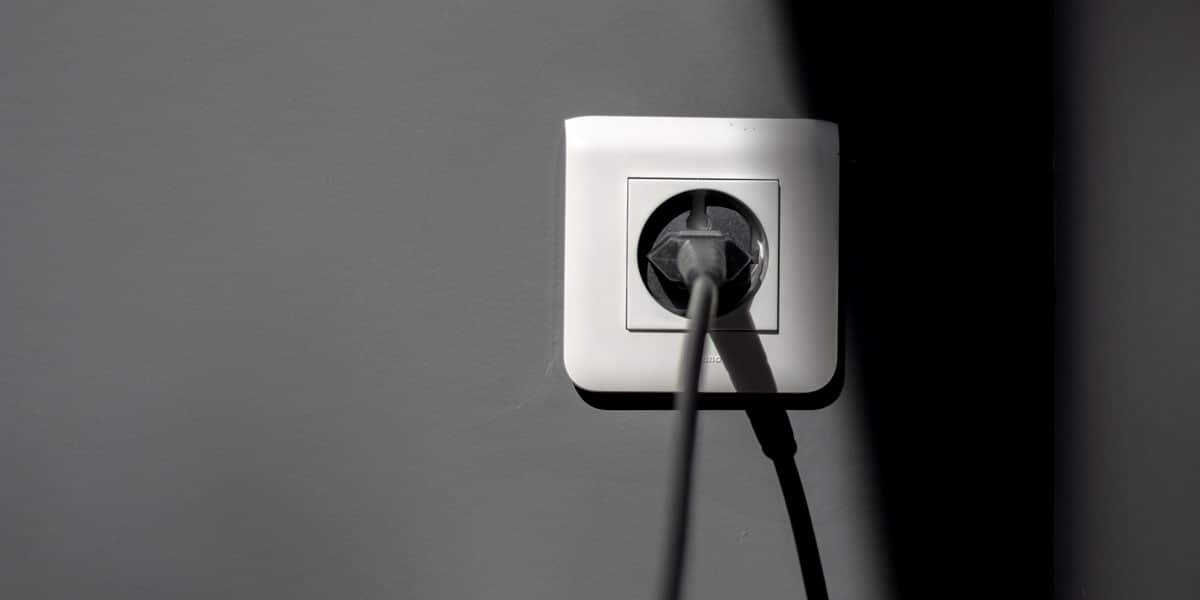
Ethical redundancies continue to be missing from the Australian workforce
Opinion + AnalysisBusiness + Leadership
BY The Ethics Centre Nina Hendy 16 JAN 2024
Telling staff that they have been made redundant is one of the most difficult parts of anyone’s job. But what’s consistently lacking from these hard conversations is human compassion.
All too often, there are glaring examples of a genuine lack of concern or care being shown by major companies forced to let people go.
Think about it for a second. A person’s identity is wrapped up in what they do for work. After introducing ourselves in a social setting, the next thing we usually share about ourselves is what we do for work.
When Director of The Ethics Centre’s Ethics Alliance, Cris Parker called out the need for a rethink of redundancy done #ethically on LinkedIn recently, plenty of workers chimed in about their own experiences of tragic redundancy stories.
One senior manager revealed he wasn’t even paid a redundancy when being laid off by an Australian company some years ago. Management got around this because the law states that they don’t have to pay redundancy if there are less than 15 employees in the company.
He admits that he still struggles with what happened to him all these years later and wants to see the law changed, admitting that the process was unethical, resulting in people left unsupported and left to struggle financially.
The closed door meeting you didn’t expect
No matter how committed you are to your role, suddenly being made redundant can be an emotionally crippling experience.
But it’s all too common. Media reports reveal that 2023 has been a year of mass redundancies as profits have been squeezed. Nearly 23,000 Australians have been laid off in reported redundancy rounds this year in response to rising interest rates and stubbornly high inflation.
But the real number of actual redundancies is likely to have been much higher as employers only need to notify Services Australia when they lay off more than 15 staff members.
Among the cuts has been KPMG, which announced 200 redundancies in February. Star Entertainment laid off 500 staff in May, while Telstra cut nearly 500 staff in July. The big banks have also been slashing jobs, collectively cutting more than 2000 jobs, according to media reports. There are also examples of companies pushing for staff to leave if they don’t return to the office.
Back in the pandemic, employers were more compassionate in many ways. We saw into our boss’s homes and personal lives and heard about the challenges they were facing. Bonds that haven’t been seen before in the workplace were formed.
At the time, a huge 99% of workers felt that they were working for an empathetic leader in the pandemic, according to KornFerry statistics. This is twice as high than pre-Covid, and it has shaped a new normal that employers need to recognise, even though they may now be facing financial pain amid a much more complex economic time.
Redundancies announced over the lunchroom speaker
Qantas Airways was among the many companies to downsize teams in the wake of Covid, as work was in short supply. In a bid to save a buck, Qantas Airways replaced the ground handling function with outsourced workers, which the Federal Court has since found to be illegal because the airline failed to engage in proper consultation and communication.
In a particularly brutal approach, Qantas reportedly told the 1700 workers about their upcoming dismissal via a lunchroom speaker with no prior warning, which doesn’t demonstrate empathy or compassion.
The case reminds Mollie Eckersley, ANZ operations manager for BrightHR of the US-based Better.com.au CEO who made headlines for making 900 of his staff redundant via an impersonal Zoom call.
She’s the first to accept that making redundancies can’t always be avoided in a bid to keep businesses viable, but cautions that how redundancies are announced to staff can have lasting ramifications on a person.
Approaching job cuts with a transparent, open and empathetic perspective will assist what is already a difficult experience. If not done well the negative impact on the culture is longstanding.
“The Qantas case has highlighted and served a cautionary tale for other businesses considering redundancy plans for its employees. There’s a clear need for robust records – otherwise businesses risk legal action and irreparable damage to reputation. Specific steps must be followed to ensure the process is fair and legal,” says Eckersley.
The rules state that the employer must initiate a meeting with the employee to discuss proposed changes, and that in that meeting, the staffer should be allowed to express concerns, provide feedback and suggest alternatives to redundancy.
But what about the ethical part of this process? People need to be treated with compassion, and giving the employee reasons for letting them go can help soften the blow.
Asking who might like to take a redundancy can be a good first step, because some employees might already have one foot out the door.
Organisations need to ensure they are acting in line with their values. Integrity, care and ethics need to be embedded into the process of making people redundant, particularly when those difficult decisions are made and there are very real human consequences.
This can be done by ensuring that your organisation has a purpose that can inspire those who remain, and be transparent about the reasons for the redundancy, rather than letting them wonder if they might be next.
A great deal of consideration also should be given to the timing of a redundancy announcement. Alternatives to redundancy, such as offering staff shorter working weeks or even reducing pay for a prescribed period of time, should also be considered.
Growing unemployment, mental health issues and the treatment of workers isn’t being addressed by the largest companies using redundancy as a lever amid economic woes, and our government seems intent on allowing the status quo to continue.
We’re all human beings, after all.

Ethics in your inbox.
Get the latest inspiration, intelligence, events & more.
By signing up you agree to our privacy policy
You might be interested in…
Opinion + Analysis
Business + Leadership
Workplace ethics frameworks
Explainer
Business + Leadership, Politics + Human Rights
Ethics Explainer: Universal Basic Income
Opinion + Analysis
Business + Leadership, Society + Culture
The Ethics Institute: Helping Australia realise its full potential
Opinion + Analysis
Business + Leadership, Science + Technology
Is technology destroying your workplace culture?
BY The Ethics Centre
The Ethics Centre is a not-for-profit organisation developing innovative programs, services and experiences, designed to bring ethics to the centre of professional and personal life.
BY Nina Hendy
Nina Hendy is an Australian business & finance journalist writing for The Financial Review, The Sydney Morning Herald, The Age and The New Daily.
Big Thinker: Audre Lorde
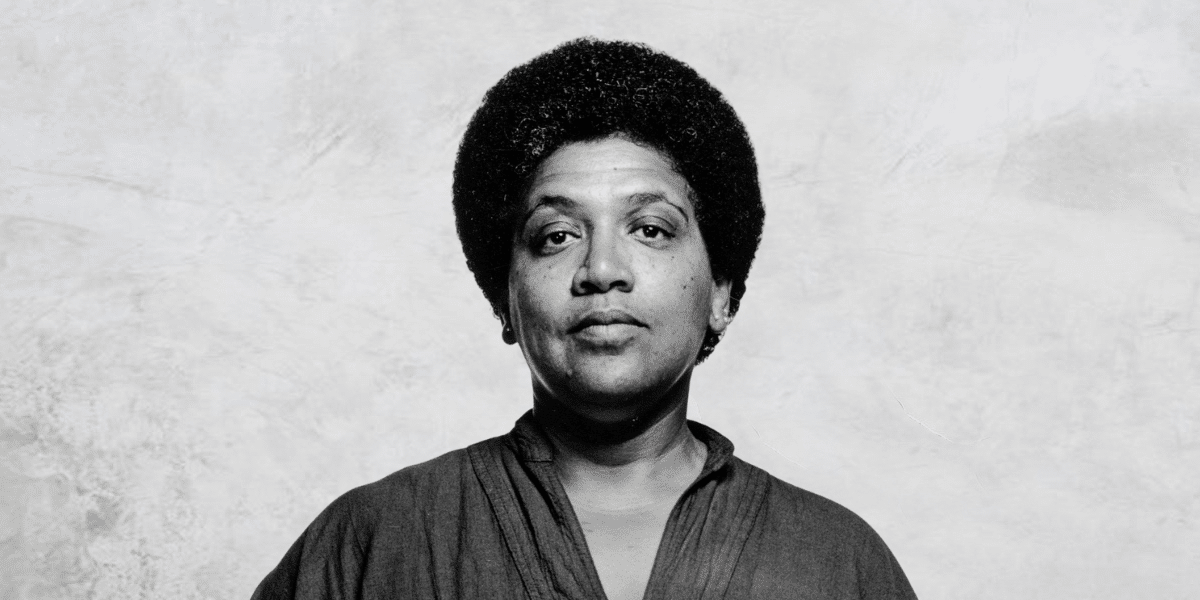
Big Thinker: Audre Lorde
Big thinkerPolitics + Human RightsSociety + Culture
BY The Ethics Centre 11 JAN 2024
Professionally a poet, professor and philosopher, Audre Lorde (1934-1992) also proudly carried the titles of intersectional feminist, civil rights activist, mother, socialist, “Black, lesbian [and] warrior.” She is also the woman behind the popular manifesto “the master’s tools will never dismantle the master’s house.”
Born Audrey Geraldine Lorde in New York City, to Frederic and Linda Belmar Lorde, on the 18th of February 1934, Lorde fell in love with poetry as a form of expression at a young age.
“I used to communicate through poetry,” she recalled in conversation with Claudia Tate for Black Women Writers at Work. “When I couldn’t find the poems to express the things I was feeling, that’s what started me writing poetry,” she said. Lorde was thirteen.
Alongside her education at Hunter High School in New York, and working on the school’s literary magazine, she published her first piece of literature in the 1951 April issue of Seventeen Magazine. She earned a Bachelor of Arts from Hunter College in 1959, preceding a master’s degree in library science in 1961 from Columbia University. Following that, Lorde worked as a librarian for public schools in New York City from 1961 to 1968, working her way to head librarian of Manhattan’s Town School. In 1980, Lorde and her friend, a fellow writer and activist, created a publishing house, ‘Kitchen Table: Women of Color Press.’ Throughout these years, Lorde was prolific and wrote some of her most recognised volumes of poetry. A full discography of her work can be found at the end of this article.
Authorship and legacy
Expression of self and personal philosophy through literature became a cornerstone of Audre Lorde’s life and one of her greatest contributions to the discourse on discrimination and equality today.
A proud feminist, Lorde’s authorship strived to offer an authentic depiction of the female experience; the good, the bad and the complex. She felt academic discourse on feminism was white and heterosexual centric, lacking consideration of the lived realities of Black and queer women. Thus, she put the stories of these women at the centre of her literature.
Lorde’s philosophy focussed particularly on intersectional discrimination and academic discourse’s inability to accommodate it. She revered differences amongst humans, arguing true equality can only be achieved through celebrating rather than homogenising our different identities.
Third Wave Feminism
Lorde was a prominent member of the women’s and LGBTQIA+ rights movements during the second wave of feminism. As a woman with many of her own labels, Lorde used her lived experience and literary expertise to shine a light on the experience and voices of other women with multiple signifiers. She implored society to confront racist feminism, the nuances of the Black female experience and the cognitive dissonance between educating yourself on feminism whilst not bearing witness to the experiences of all women, – particularly women of colour whose intellectual labour and contributions to such academia have been so routinely overlooked. Thus, helping kickstart the third wave of feminism, also spearheaded by another big thinker, Kimberle Crenshaw.
Through her words, Lorde aimed to acknowledge and capture the pain as well as the joy she felt as an openly queer Black woman. This bare-all intent and celebration of individuality is particularly felt in her work, The Cancer Journals and her subsequent public encouragement of other breast cancer survivors to wear their mastectomies on their chest, rather than accept prosthesis purely for aesthetic motivations. “It is that very difference that I wish to affirm… I lived it, I survived it, and wish to share that strength with other women.”
Philosophy on difference
Lorde was an advocate for difference amongst human beings. For her, difference was the key to eradicating discrimination and moving forward in unity. As we constantly reevaluate what it means to be human, what we hold dear and the ethical pillars we lean on to guide us, Lorde philosophised that it was vital we harness rather than fear that which separates us from our friends, peers and enemies. Rather than homogenising humanity, the future of equality relies on our ability to relate across differences. Finding community is not about conforming, it is about accepting. It must be an act of opening up, not of shutting down.
Lorde examined difference particularly through an intersectional feminist lens. Identifying and subverting the conditioning of women to view their differences as causes for separation and self-judgement.
What we need first, however, is courage. To have our beliefs and perspectives stretched and challenged as we begin the journey of embracing that which makes us different from those around us.
Intersectionality
Lorde was acutely aware of and vocal about the pressure on marginalised people to divide their identities in order to fight for recognition of their discrimination. Academia was constructed to examine, debate and interrogate ways of being. At the time, it was established by white men, and thus contributions to this school of thought were limited to the lived realities and perspectives of these men. As a result, the notion of a human norm came about, and this norm was white, male, heterosexual and often, but not always, wealthy, educated and upper class. Every deviation from this ideal was considered a handicap and treated as such.
In her speech at the New York University Institute for the Humanities, where she debuted her admonishment: “the master’s tools will never dismantle the master’s house,” Lorde cautioned people of colour and other marginalised demographics against the pressure to conform to the limited criteria of ‘acceptable’ laid out by discrimination discourse in white academia, in order to have their needs met. She argued fighting for equality within a system with the notion of a human ideal will only lead to disappointment. True and deeply entrenched equality can only happen through an entire paradigm shift; the unravelling of a human norm in the first place.

Ethics in your inbox.
Get the latest inspiration, intelligence, events & more.
By signing up you agree to our privacy policy
You might be interested in…
Opinion + Analysis
Business + Leadership, Politics + Human Rights
A foot in the door: The ethics of internships
Opinion + Analysis
Health + Wellbeing, Society + Culture
Should I have children? Here’s what the philosophers say
Opinion + Analysis
Health + Wellbeing, Politics + Human Rights, Relationships
There’s more than lives at stake in managing this pandemic
Opinion + Analysis
Society + Culture
10 films to make you highbrow this summer
BY The Ethics Centre
The Ethics Centre is a not-for-profit organisation developing innovative programs, services and experiences, designed to bring ethics to the centre of professional and personal life.
Why certain things shouldn’t be “owned”

Why certain things shouldn’t be “owned”
Opinion + AnalysisPolitics + Human Rights
BY Nick Jarvis 10 JAN 2024
What can we truly “own”, and are there things in this era of late capitalism where our current, long-evolved legal and philosophical definitions of ownership are inadequate?
The audience at The Ethics Centre’s ‘Ethics of Ownership’ event was posed these questions, and others, with stimuli scenes by guest actor Sheridan Harbridge.
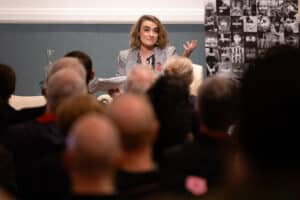
In Common Law, ownership entails the “right to possess a thing, to use it to the exclusion of others, to alter it, to profit from it, and to dispose of it,” Ethics Centre Executive Director Simon Longstaff said.
This current definition derives from John Locke’s labour theory of property, that when someone mixes their labour with commonly held or natural “God-given” land it can become their private property.
However, Locke qualifies, this applies “…at least where there is enough, and as good, left in common for others.” Meaning a person should not be able to own more than they can use without it going to waste.
A series of quandaries posed to the audience at ‘The Ethics of Ownership’ produced some interesting and instructive dissonance in the way we think about ownership. The story of a woman who took apples rotting on the ground from an orchard to feed her starving family, knowing she’d been denied the right to take them, produced an interesting take on qualifying factors.
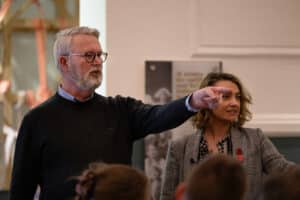
Most of the audience thought she had committed theft, but the majority thought she shouldn’t be prosecuted, because the orchard owner had acted unethically in denying his unused apples to the starving family. Locke would argue that the man had forfeited his natural right to the apples as his property as they were going to waste, and that people have a legitimate claim.
17th and 18th Century philosophers Hobbes and Hume held that there “could be no natural right of property ownership, rather the various rights of ownership were created by the state (or some less formal community) and were, thus, a human creation,” and the state or community can change these rules as the imperatives and circumstances change.
These Enlightenment-era theories were established in early imperial/colonial Capitalism, as defined by Karl Marx, amid agricultural and industrialising societies. Marx argued that individuals should own all productive resources in common. This is because when one class (the proletariat) produces goods with their labour, on behalf of an ownership class that derives benefit, the proletariat becomes alienated from those goods and their labour when they cannot afford to own them.
Curiously, Ayn Rand, although a fervid Capitalist, also argued that, “The man who produces while others dispose of his product, is a slave”. Rand, however, argued this as a case for individual rights above all others.
When it comes to ownership over our own selves, a slim majority thought you should be able to sell your own organs, because “your body is the only thing that’s 100% yours,” as one audience member put it. Significantly more of the audience thought you shouldn’t be allowed to sell yourself into slavery, which links back to our (now) deeply held belief that you cannot own another person because, as Emmanuel Kant put it, no person can ever become a means to someone else’s end.
Locke did not extend common property rights to slaves, arguing that slaves cannot lay claim to property as they’re not considered part of civil society, “having forfeited their lives and, with it, their liberties, and lost their estates, and being in the state of slavery, not capable of any property.”
The audience’s answers show how much we value our personal autonomy over our bodies, and gave rise to the fact that, in Common Law countries, you don’t in fact own any part of your body. The “No Property Rule” prohibits individuals from claiming ownership over their own bodies or genetic material.
Interestingly, this law arose as a response to slavery entrenched by various judicial decrees over the centuries, including Shanley v Harvey (1763), where the judge decreed that, “[a]s soon as a man sets foot on English ground he is free.” With ownership of another human eventually ruled indefensible by the courts, and reasons given ranging from “from ecclesiastical law to grave robbing”, a person’s ownership of their own body was abolished as well.
Ownership comes with responsibilities as well as rights – you have the right to exclude others from using your property, but you also have a responsibility to protect that property from improper use by others, for instance, keeping weapons and dangerous animals contained from improper use. You also have a responsibility to use that thing, Locke argued, to maximise its productivity for the good of all society.
The audience consensus was that “owning” things that are of public value, such as artworks and the environment, should not confer the right to do what you like with your property. I would extend this concept to intellectual property such as patents for life saving, or life-improving, medications that private companies or individuals are currently allowed to own and may charge what they like for.
The argument of one audience member was that “things of shared value, while they can be owned in a legal sense, ownership should be more of a role of caretaking,” or akin to borrowing, where you’re duty-bound to return it in the same state you received it in so others can use it after. In the case of inheritance, this ethical obligation to caretake for the thing in possession would pass to whoever inherits it.
Does this mean that our sense of ownership, as defined by law precedent derived from Locke, is no longer fit for purpose, in an era of alienation from labour and destructive, extractive use of natural resources? Does a mining or forestry company have the right to own and ruin a piece of land because they have expended effort to harvest its natural resources, but not maintained or improved it?
When applied to things of common value to everyone on the planet, such as the environment, access to culturally valuable works of art, access to sun, water, shelter, sustenance, or medicine, our legally established definitions of ownership start to look inadequate.
Locke’s definition also didn’t account for indigenous concepts of ownership. For Indigenous Australians, the land owns the people and every aspect of their lives – spiritual, material, social, cultural – is connected to it and its maintenance. You cannot own property and derive maximum benefit from it to its detriment when you’re morally and culturally bound to be a caretaker or custodian for that property.
Perhaps our whole definition of private ownership needs a contemporary rethink when it comes to these objects, resources and ideas of inherent common value. We don’t need to abolish private ownership, but we do need to re-establish rights and responsibilities of use within the concept of the “common good”.

Ethics in your inbox.
Get the latest inspiration, intelligence, events & more.
By signing up you agree to our privacy policy
You might be interested in…
Opinion + Analysis
Politics + Human Rights, Relationships, Society + Culture
Punching up: Who does it serve?
Opinion + Analysis
Climate + Environment, Politics + Human Rights, Relationships, Society + Culture
The youth are rising. Will we listen?
Opinion + Analysis
Climate + Environment, Politics + Human Rights
Is it time to curb immigration in Australia?
Opinion + Analysis
Politics + Human Rights
Australia’s ethical obligations in Afghanistan
BY Nick Jarvis
Nick Jarvis is a Sydney-based editor and writer on the arts, culture and technology. He's written for The Ethics Centre, the Walkleys, Sydney Festival, Sydney Film Festival, Vice and many Australian arts organisations. He currently works for Sydney Festival.
Stoicism on Tiktok promises happiness – but the ancient philosophers who came up with it had something very different in mind
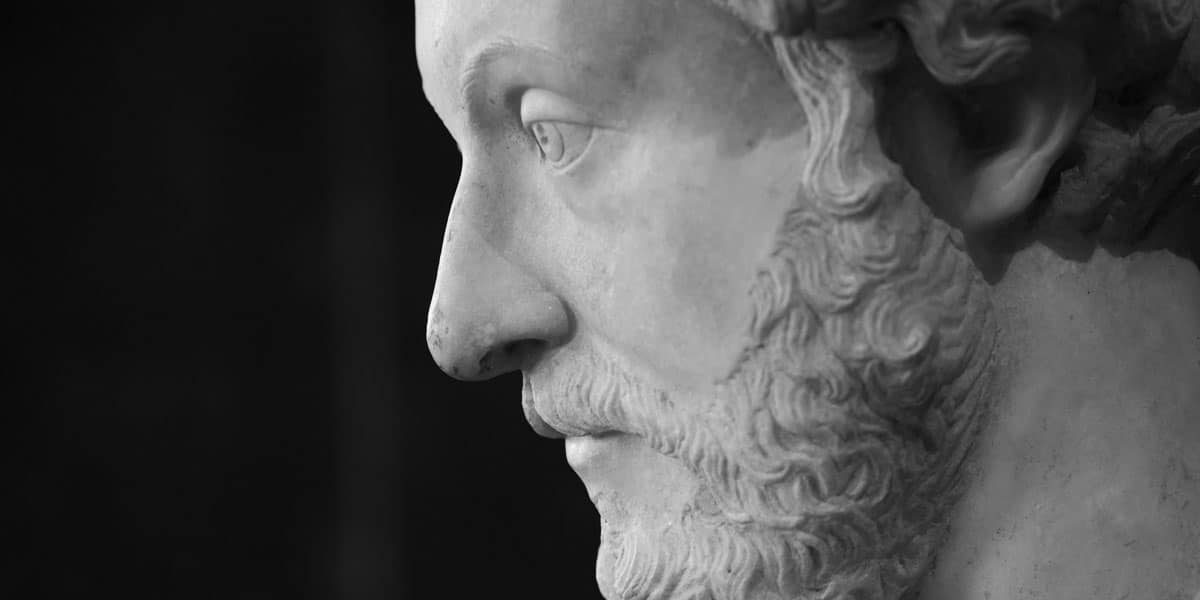
Stoicism on Tiktok promises happiness – but the ancient philosophers who came up with it had something very different in mind
Opinion + AnalysisSociety + CultureRelationships
BY Matthew Duncombe 20 DEC 2023
I don’t know about you, but my TikTok is full of influencers telling me I should be a Stoic. You might know the term “stoic” as a person who goes through hardship while maintaining a steely and calm disposition, and never complains. However, a stoic is also someone who prescribes to the philosophical school of Stoicism.
Stoicism became popular in ancient Rome. Stoic TikTok exclusively draws on Roman Stoicism, mainly Epictetus (a formerly enslaved person), Seneca (a fabulously wealthy and self-aggrandizing advisor to the emperor Nero), and Marcus Aurelius (who was himself a Roman emperor).
But the school goes back much further to ancient Athens, where Stoicism was founded around 300BCE by Zeno of Citium. After Zeno, Stoicism flourished in Athens, especially under Chrysippus, known as the second founder of Stoicism.
On TikTok, you’ll see people saying that Stoicism is a great way to lead a happy and productive life. I’m a professional philosopher who specialises in ancient Greek philosophy – and it’s great, if somewhat surprising, to see how popular Stoicism has become over the last ten years. But as a philosopher, I’m not a Stoic – and Stoic TikTok gets quite a lot wrong about this way of thinking.
Despite what you see on TikTok, Stoicism was a dry, technical, ivory tower philosophy. Its ideas around happiness and productivity diverge quite a bit from what modern people consider these to be. Traditionally, it was divided into three branches: ethics, physics, and logic – much of which TikTok’s Stoic preachers don’t get quite right.
Logic
Distinctively, the Stoics emphasised logic, comparing it to the shell of an egg or the bones and sinews of a body, because logic protects (like a shell), supports (like bones) and connects (like sinews) our beliefs and knowledge. In fact, the Stoics developed a systematic logical theory which, through various historical twists and turns, inspired 20th-century logic and hence theoretical computer science.
The Stoics took logic seriously because it was needed for knowledge. For the Stoics, to know something – including how to live well – was to understand it so totally that you could defend your view against any degree of argumentative scrutiny, against any opponent. In other words, they used logic to win a sort of philosophical Hunger Games.
But Stoic TikTok isn’t really interested in a deep, rich and logically defensible knowledge of the world and our place in it. In so far as Stoic TikTok is interested in knowledge, it implies that you can get knowledge by simply reading quotations of famous Stoics or practising certain mental exercises, such as meditating on death.
Physics
Stoic TikTok also ignores Stoic physics – the principles that Stoics used to explain the natural processes in the universe. For the Stoics, everything that exists, including your soul and God, is a body. God, in fact, is “mixed with matter, pervading all of it and so shaping it, structuring it and making it into the world”, as the critic Alexander of Aphrodisias told us in the early third century.
The Stoics argued that, since God is rational and active, this makes everything that exists in the world rational and organised for the best. You are part of this rational universe so, if bad things happen to you, it would be irrational to complain – as if your foot complained about getting muddy.
This idea of a rational universe is popular with Stoic TikTok, and can be seen in posts telling followers to “love their fate”. They suggest that true happiness comes from accepting anything that happens.
But does loving your fate in a truly Stoic sense achieve the sort of productivity and happiness most people want? I think not.
Ethics
Which brings us to Stoic ethics. While Stoic TikTok promises productivity and happiness, it’s unlikely you’ll achieve the levels of productivity and happiness you actually desire if you go by what Stoics believed these to be.
Happiness, for a Stoic, was a matter of having virtues and lacking vices. Everything else – including health, wealth and status – were “indifferents”, because they made no difference to your virtue, and so to your happiness.
So, even if the self-helpy advice of Stoic TikTok could make you more productive, being more productive won’t make you be happier, according to Stoic philosophy. At best, you’ll acquire health, wealth or status, but those things are indifferent to your happiness.
There is, of course, something hypocritical about Seneca arguing that wealth is indifferent while being one of the richest men in Rome; or Marcus Aurelius saying that power is indifferent while being emperor.
It is rational to prefer to be healthy rather than ill, rich rather than poor, powerful rather than oppressed. In fact, there was nuanced ancient debate in which the Stoics tried to find a middle way between a view where health, money and power are simply good, and a view where they are totally irrelevant to living a good life.
Chrysippus tried to steer this course by saying that while health, wealth and power are indifferent, how you use them is not. If I use power intemperately or wealth to indulge my most disgusting appetites, I will not be virtuous or happy. Personally, I don’t think the Stoic philosophy will ultimately solve this problem of whether health, wealth and power are totally indifferent to happiness, but it is an open question.
I’ve not touched here on the more sinister aspects of Stoicism on the internet, discussed in Donna Zuckerberg’s Not All Dead White Men. Rather, I’ve tried to point out what Stoic TikTok misses, because I hope people dive deeper into Stoic philosophy. A great place to start is Tad Brennan’s The Stoic Life.
Stoicism is a rich, fascinating and sophisticated philosophical tradition. But, if you’re looking for happiness and productivity in more modern terms, the Stoics might not have the answer.
This article was originally published by The Conversation. Image by Bradley Weber.

Ethics in your inbox.
Get the latest inspiration, intelligence, events & more.
By signing up you agree to our privacy policy
You might be interested in…
Explainer
Relationships
Ethics Explainer: Virtue Ethics
Opinion + Analysis
Relationships, Society + Culture
Based on a true story: The ethics of making art about real-life others
Opinion + Analysis
Health + Wellbeing, Relationships, Science + Technology
Periods and vaccines: Teaching women to listen to their bodies
Explainer
Relationships
Ethics Explainer: Epistemology
BY Matthew Duncombe
I am an Associate Professor, University of Nottingham, working mainly on Plato, Aristotle, the Stoics and ancient sceptics. I often write about ancient logical and metaphysical ideas, but I have a broad range of philosophical interests, including ethics, games, fate, paradoxes and mental health, especially ancient perspectives on these.
What does love look like? The genocidal “romance” of Killers of the Flower Moon
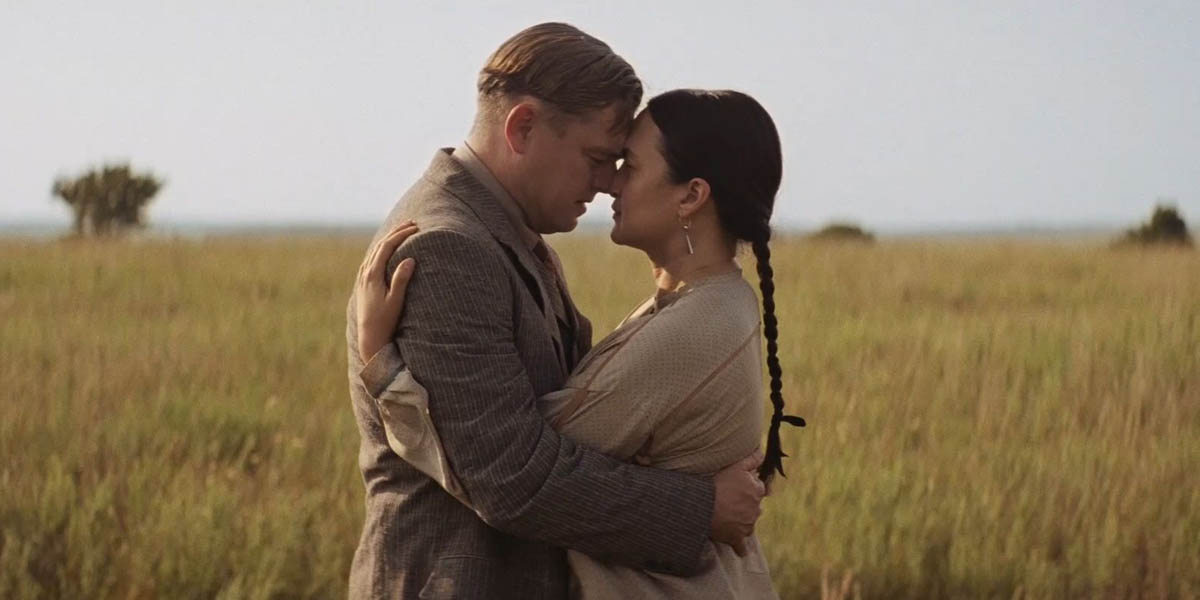
What does love look like? The genocidal “romance” of Killers of the Flower Moon
Opinion + AnalysisRelationshipsSociety + Culture
BY Joseph Earp 19 DEC 2023
Killers of the Flower Moon, the newest film by Martin Scorsese, starts with a terrible, distorted version of the romantic “meet-cute.”
Ernest Burkhart (played with leery relish by Leonardo DiCaprio) romances Molly Kyle (Lily Gladstone). He’s a driver; she needs to get around the place. Throwing knowing looks over his shoulder as he spins his wheel, he flirts with her, and though she is initially suspicious, eventually she succumbs to his interests. A romance is born.
It is the classic “boy meets girl” story – or at least, it would be, if we didn’t already know the real reason driving Ernest’s romantic designs. He has been put up to this meeting by “King” Hale (Robert DeNiro), his calculating and murderous Uncle, who is seeking to redirect the fortunes of the Osage tribe of which Molly is a member. Though he projects an image as a pillar of the community, King is the centre of a string of murders – and Ernest is recruited as his budding killer-to-be, with Molly as a target.
The tension at the heart of Killers of the Flower Moon lies in Ernest’s dual role as Molly’s wife and her poisoner. Though Ernest is the film’s main character, we are given little in the way of his interior life. Instead, we understand the man through his actions, which are, increasingly, in direct conflict. Ernest acts like he loves Molly, and the children they have together; he weeps when one dies. He also injects her daily with a poison. When, in the film’s climax, the pair are reunited, he almost collapses into her arms. Nobody outright asks Ernest if he loves Molly, but they ask similar questions, and he responds in the full-throated affirmative. She is his wife, and at least some of the time, he treats her as such.
So, do we want to accept this kind of attachment – murderous, openly destructive – as a form of love? Or would doing so fundamentally taint the concept?
Love as a blinding force
The ethical value of love has long been debated by philosophers. Plato and Socrates both saw love as a fundamentally morally valuable emotion – one which expands our sense of the world’s beauty and possibility, and motivates us to do better. Indeed, according to this view of love, romance is the foundation of ethical action.
It’s a way of teaching us of the importance of other people, an escape from selfish solipsism that draws out into the world.
But love – as the mere existence of the term “crime of passion” proves – does not always lead us down virtuous paths. Any romance also has the capability of reducing ethical scope, not expanding it. Arthur Schopenhauer, the notorious pessimist, saw love as an essential “illusion” that consumes people utterly. He described it as little more than the desire to procreate, over which the fiction of romance gets written. On this view, love creates a lopsided sense of ethical value, transforming the world down to a single point – the love object. This in turn breeds jealousy; possession; and, Schopenhauer said, frequently madness.
What makes Ernest’s “love” distinct, however, is that he doesn’t seem to experience the usual ethical pitfalls of romance. He’s not jealous of Molly. He doesn’t act as though he wants to possess her – at least not in the normal sense. Nor does he, in the traditional sense, go mad. Instead he acts to destroy her, an essentially self-negating series of actions where the one he prizes the most is also the one he seeks to snuff out.

Love in and of itself
Perhaps ironically, given his reputation as a cold, difficult and abstract philosopher, it is Immanuel Kant who provides the solution to the puzzle of Ernest’s love. Taken as a whole, Kant is paradoxical on the nature of love – he once dismissed it as a “feeling”, and wrote that “a duty to love is an absurdity.”
But, importantly, Kant did believe we should love one another. And more than that, this was a duty to love another “in and of itself.” One of Kant’s key ethical positions is the idea that using another – treating them like a mere “means” – is wrong. Instead, he believed that we should view other people as an “ends”. Kant believed that value did not exist outside human beings – that we create value – and that we should view all others, including those we love, as the source of value in the world. We respect and love others, he thought, because we see them not for what they can do for us, but for what they are; what they value and what they care about.
Ernest does not do this. Both of the ways that he treats Molly – doting on her and poisoning her – are for his own benefit. He has turned her into a mere object, a machine for love and money. She gives him children, and her death will give him riches and success. When he falls into her arms and embraces her, he is embracing not the whole Molly – the full, rich person, a source of value in the world – but only the parts of her that help him.
In this way, Ernest’s broken form of love serves as a warning to the rest of us.
When we say we love someone, we should direct that emotion to all who they are. Not choosing the parts we like, or the parts that service us. But the difficult parts; the awkward parts; the fears and the pains as well as the highs.
A lover’s eyes should always be open, after all.

Ethics in your inbox.
Get the latest inspiration, intelligence, events & more.
By signing up you agree to our privacy policy
You might be interested in…
Opinion + Analysis
Science + Technology, Business + Leadership, Society + Culture
AI and rediscovering our humanity
Opinion + Analysis
Science + Technology, Society + Culture
The terrible ethics of nuclear weapons
Opinion + Analysis
Business + Leadership, Society + Culture
Four causes of ethical failure, and how to correct them
Opinion + Analysis
Relationships
Beyond consent: The ambiguity surrounding sex
BY Joseph Earp
Joseph Earp is a poet, journalist and philosophy student. He is currently undertaking his PhD at the University of Sydney, studying the work of David Hume.
Ethics Explainer: Altruism
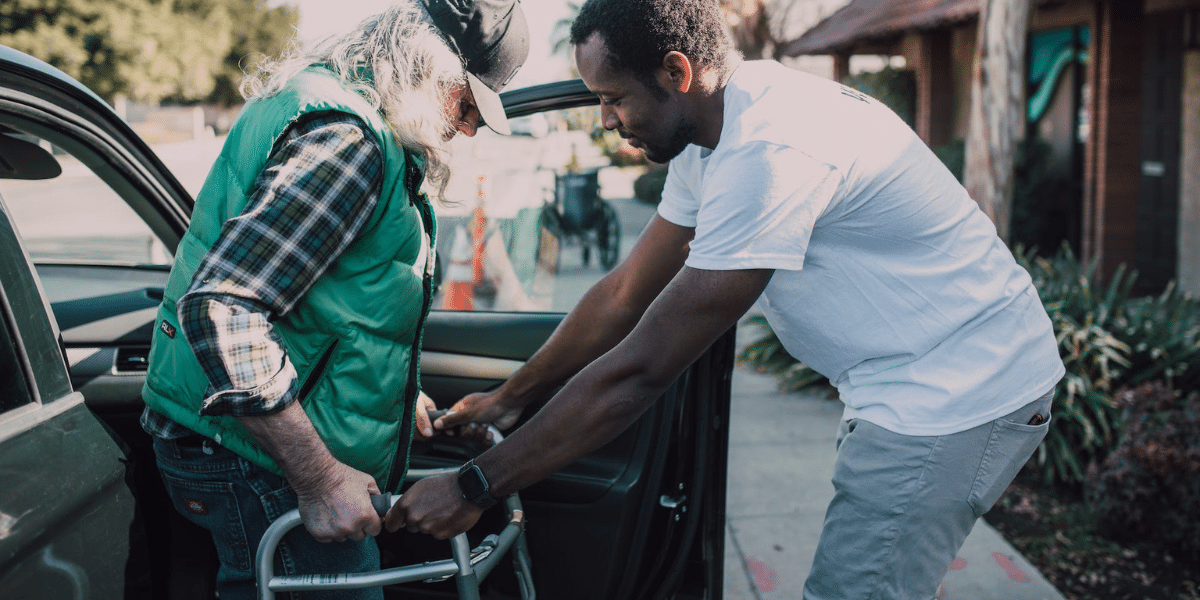
Amelia notices her elderly neighbour struggling with their shopping and lends them a hand. Mo decides to start volunteering for a local animal shelter after seeing a ‘help wanted’ ad. Alexis has been donating blood twice a year since they heard it was in such short supply.
These are all examples, of behaviours that put the well-being of others first – otherwise known as altruism.
Altruism is a principle and practice that concerns the motivation and desire to positively affect another being for their own sake. Amelia’s act is altruistic because she wishes to alleviate some suffering from her neighbour, Mo’s because he wishes to do the same for the animals and shelter workers, and Alexis’ because they wish to do the same to dozens of strangers.
Crucially, motivation is what is key in altruism.
If Alexis only donates blood because they really want the free food, then they’re not acting altruistically. Even though the blood is still being donated, even though lives are still being saved, even though the act itself is still good. If their motivation comes from self-interest alone, then the act lacks the other-directedness or selflessness of altruism. Likewise, if Mo’s motivation actually comes from wanting to look good to his partner, or if Amelia’s motivation comes from wanting to be put in her neighbour’s will, their actions are no longer altruistic.
This is because altruism is characterised as the opposite of selfishness. Rather than prioritising themself, the altruist will be concerned with the well-being of others. However, actions do remain altruistic even if there are mixed motives.
Consider Amelia again. She might truly care for her elderly neighbour. Maybe it’s even a relative or a good family friend. Nevertheless, part of her motivation for helping might also be the potential to gain an inheritance. While this self-interest seems at odds with altruism, so long as her altruistic motive (genuine care and compassion) also remains then the act can still be considered altruistic, though it is sometimes referred to as “weak” altruism.
Altruism can (and should) also be understood separately from self-sacrifice. Altruism needn’t be self-sacrificial, though it is often thought of in that way. Altruistic behaviours can often involve little or no effort and still benefit others, like someone giving away their concert ticket because they can no longer attend.
How much is enough?
There is a general idea that everyone should be altruistic in some ways at some times; though it’s unclear to what extent this is a moral responsibility.
Aristotle, in his discussions of eudaimonia, speaks of loving others for their own sake. So, it could be argued that in pursuit of eudaimonia, we have a responsibility to be altruistic at least to the extent that we embody the virtues of care and compassion.
Another more common idea is the Golden Rule: treat others as you would like to be treated. Although this maxim, or variations of it, is often related to Christianity, it actually dates at least as far back as Ancient Egypt and has arisen in countless different societies and cultures throughout history. While there is a hint of self-interest in the reciprocity, the Golden Rule ultimately encourages us to be altruistic by appealing to empathy.
We can find this kind of reasoning in other everyday examples as well. If someone gives up their seat for a pregnant person on a train, it’s likely that they’re being altruistic. Part of their reasoning might be similar to the Golden Rule: if they were pregnant, they’d want someone to give up a seat for them to rest.
Common altruistic acts often occur because, consciously or unconsciously, we empathise with the position of others.
Effective Altruism
So far, we have been describing altruism and some other concepts that steer us toward it. However, here is an ethical theory that has many strong things to say about our altruistic obligations and that is consequentialism (concern for the outcomes of our actions).
Given that, consequentialism can lead us to arguments that altruism is a moral obligation in many circumstances, especially when the actions are of no or little cost to us, since the outcomes are inherently positive.
For example, Australian philosopher Peter Singer has written extensively on our ethical obligations to donate to charity. He argues that most people should help others because most people are in a position where they can do a lot for significantly less fortunate people with relatively little effort. This might look different for different people – it could be donating clothes, giving to charity, volunteering, signing petitions. Whatever it is, the type of help isn’t necessarily demanding (donating clothes) and can be proportional (donating relative to your income).
One philosophical and social movement that heavily emphasises this consequentialist outlook is effective altruism, co-founded by Singer, and philosophers Toby Ord and Will MacAskill.
The effective altruist’s argument is that it’s not good enough just to be altruistic; we must also make efforts to ensure that our good deeds are as impactful as possible through evidence-based research and reasoning.
Stemming from the empirical foundation, this movement takes a seemingly radical stance on impartiality and the extent of our ethical obligations to help others. Much of this reasoning mirrors a principle outlined by Singer in his 1972 article, “Famine, Affluence and Morality”:
“If it is in our power to prevent something very bad from happening, without thereby sacrificing anything morally significant, we ought, morally, to do it.”
This seems like a reasonable statement to many people, but effective altruists argue that what follows from it is much more than our day-to-day incidental kindness. What is morally required of us is much stronger, given most people’s relative position to the world’s worst-off. For example, Toby Ord uses this kind of reasoning to encourage people to commit to donating at least 10% of their income to charity through his organisation “Giving What We Can”.
Effective altruists generally also encourage prioritising the interests of future generations and other sentient beings, like non-human animals, as well as emphasising the need to prioritise charity in efficient ways, which often means donating to causes that seem distant or removed from the individual’s own life.
While reasons for and extent of altruistic behaviour can vary, ethics tells us that it’s something we should be concerned with. Whether you’re a Platonist who values kindness, or a consequentialist who cares about the greater good, ethics encourages us to think about the role of altruism in our lives and consider when and how we can help others.

BY The Ethics Centre
The Ethics Centre is a not-for-profit organisation developing innovative programs, services and experiences, designed to bring ethics to the centre of professional and personal life.
Ethics in your inbox.
Get the latest inspiration, intelligence, events & more.
By signing up you agree to our privacy policy
You might be interested in…
Big thinker
Relationships
Big Thinker: Jean-Paul Sartre
Opinion + Analysis
Politics + Human Rights, Relationships
Want #MeToo to serve justice? Use it responsibly.
Opinion + Analysis
Relationships, Society + Culture
The problem with Australian identity
Opinion + Analysis
Health + Wellbeing, Relationships
Should parents tell kids the truth about Santa?
The niceness trap: Why you mustn’t be too nice
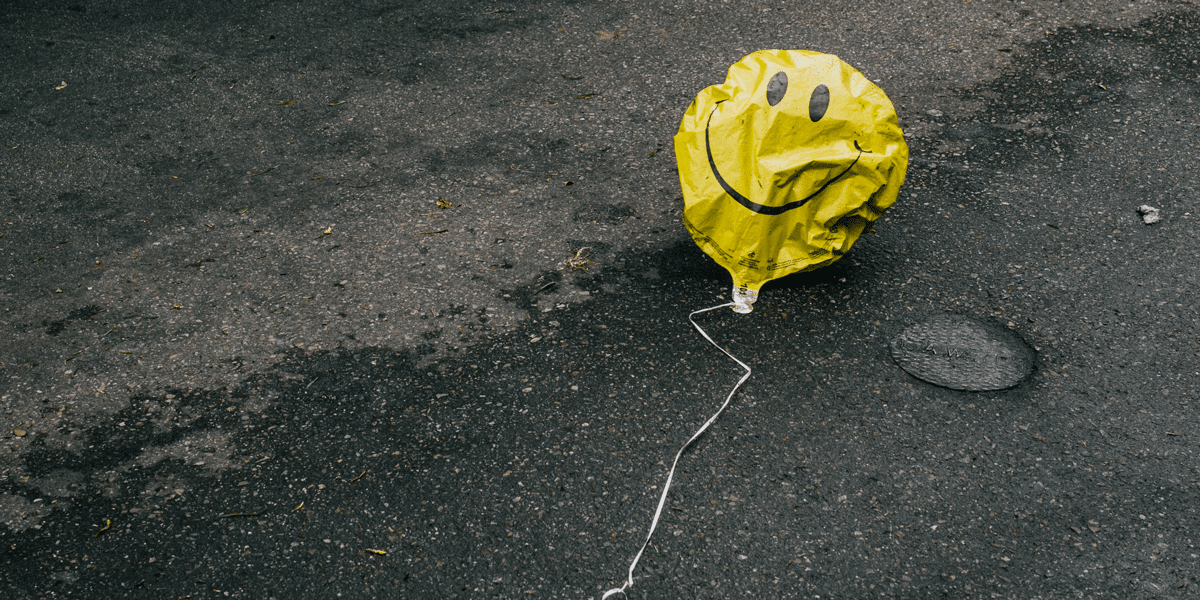
The niceness trap: Why you mustn’t be too nice
Opinion + AnalysisRelationships
BY Dr Tim Dean 15 DEC 2023
Can we be too nice? On the surface, it seems absurd to say we should put a cap on how nice we should be. But if we overdo it, we can end up shirking our other ethical obligations.
Skim the headlines or scroll through social media and you’d be forgiven for concluding that there’s a serious deficit of niceness in the world today, and if only people were a little more kind, compassionate and giving, then the world would be a much better place.
Imagine a nicer world where other drivers consistently backed off to let you merge lanes, or shrugged off your occasional failure to check a blind spot with a smile and a wave. Imagine a workplace where everybody lifted each other up, and covered for you when you needed a break. Imagine a world with more Dumbledores and fewer Snapes. Imagine a world without Karens.
Most philosophers have sought such a world by urging us to cultivate niceness. Confucious promoted the foundational virtue of ren, often translated as benevolence or humanity. Aristotle argued that the path to flourishing lay in cultivating virtues like magnanimity, generosity and patience. Christian scholars promoted temperance was a cardinal virtue. In more modern times, Peter Singer has said we ought to take the compassion we feel towards close family and friends and expand it to cover all sentient creatures, human and animal. In short: be nice.
But there’s also a catch with niceness. If we take it to excess, we can leave ourselves vulnerable to exploitation, fail in our ethical duties and even undermine the very moral foundations of our community.
This is because a world where everyone is fully trusting and selflessly giving is a ripe hunting ground for those who are willing to abuse that trust and get ahead by stepping on the backs of others.
The paradox of niceness
This phenomenon can be modelled using the popular game theoretic thought experiment, the Prisoner’s Dilemma. Imagine a situation where two bank robbers are arrested and held in separate cells, unable to communicate with each other. The police have no other witnesses, so they’re relying on the suspects’ testimony to prove the case against them. If both suspects confess, they’ll both receive a five-year sentence. If they both remain silent, then the police will only be able to charge them with a minor offense carrying a one-year sentence. However, if one of them testifies while their partner remains silent, then the dobber will be set free while their partner will go to jail for 10 years.
On the surface, it seems sensible for them both to remain silent. That would be the “nice” thing to do because it benefits them both. But there’s a twist. If one of the suspects believes that their partner will remain silent, then they have an opportunity to testify against them and get off scott-free, while their partner is thrown in the slammer. They also know that if they remain silent, then their partner will have an opportunity to dob them in. As a result, the most reasonable thing for either of them to do is dob on the other, which means they both end up with a harsher penalty than if they’d both cooperated and stayed silent.
The Prisoner’s Dilemma models a fundamental truth when it comes to social interaction: if we we’re nice, we all benefit, but there will always be a temptation to exploit the charity of others to get ahead, and in doing so, we can end up destroying the possibility of cooperation altogether.
There have been whole virtual tournaments using the Prisoner’s Dilemma to see what kinds of strategies – whether “nice” or “nasty” – will yield the best results for the agents playing the game. And it’s from these tournaments that another twist emerges.
In a single Prisoner’s Dilemma game, the nasty dobber has the upper hand, especially if their partner is nice. However, when the same agents play the game over and over, it turns out that it pays to be nice, because you’re likely to be punished in the next game if you’ve been nasty. When you add in some real-world flavour to the game, like making it so that agents can sometimes mistakenly defect when they meant to cooperate, it’s the nicer agents that come out on top.
But these simulations show that niceness has its limits. Those agents that are unconditionally nice tend to get exploited by nasty ones. However, those strategies that are conditionally nice, and that defect only to punish bad behaviour, do best of all.
Toxic niceness
Back in the real world, what this means is that it is possible to be too nice. If we’re unconditionally generous and forgiving, then we leave ourselves open to exploitation by people who will take advantage of our niceness.
It’s likely we all know someone who is a natural giver, someone whose empathy is overflowing and who goes out of their way to help everyone around them. These people are often much loved, but they can also be crushed under the weight of their own compassion, sometimes neglecting their own wellbeing, and it’s not uncommon for others to take advantage of their generosity.
Such unconditional niceness can also prevent us from punishing those who deserve it. You may have also worked for a manager who was overly forgiving, not only of minor transgressions, but also behaviour that was toxic or harmful to others. Punishment is inherently unpleasant, and the overly nice can be reluctant to mete it out, staying their hand while wrongdoers run amok. That not only undermines the moral community, but it makes it harder to hold people to account for their actions, preventing them from growing by learning from their mistakes.
Niceness is good. Be nice. But not so nice that you allow others to be nasty.

BY Dr Tim Dean
Dr Tim Dean is Philosopher in Residence at The Ethics Centre and author of How We Became Human: And Why We Need to Change.
Ethics in your inbox.
Get the latest inspiration, intelligence, events & more.
By signing up you agree to our privacy policy
You might be interested in…
Opinion + Analysis
Relationships
Ask an ethicist: Should I tell my student’s parents what they’ve been confiding in me?
Opinion + Analysis
Business + Leadership, Relationships
The future does not just happen. It is made. And we are its authors.
Opinion + Analysis
Relationships
Appreciation or appropriation? The impacts of stealing culture
Opinion + Analysis
Relationships







